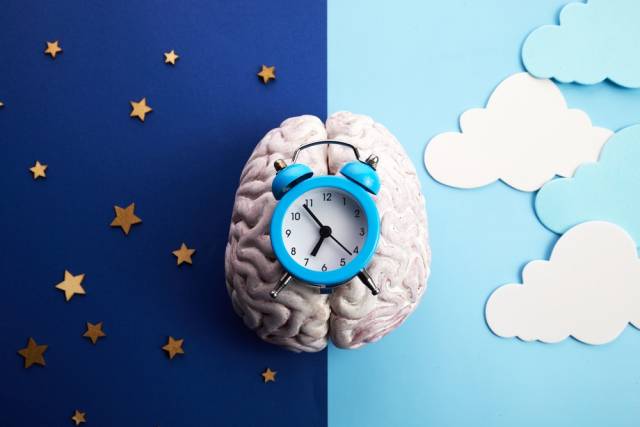Humans need sleep, but no one really knows why. Most researchers believe that it frees the brain of waste and harmful substances through tiny channels called the glymphatic system. They believe that sleep disorders can negatively affect the cleansing process, increasing the likelihood of Alzheimer’s and other brain diseases.
Advertisement
However, as a fresh study has demonstrated, mouse brains are better at eliminating toxins when awake. The glymphatic system is indeed responsible for ‘renewing’ the brain, but sleep actually slows down this process, the journal Science reports.
During the study, the experts injected the dye into the rodents’ large cisterna, a “pocket” that is located just behind the brain and supplies it with cerebrospinal fluid. To measure the influx of dye into the brain, they used a two-photon microscope. As a result, there was an increase in the flow of the substance to brain cells during sleep or being under anaesthesia, and in the period of wakefulness, on the contrary, there was a significant decrease and ‘cleansing’ of the brain from the dye.

